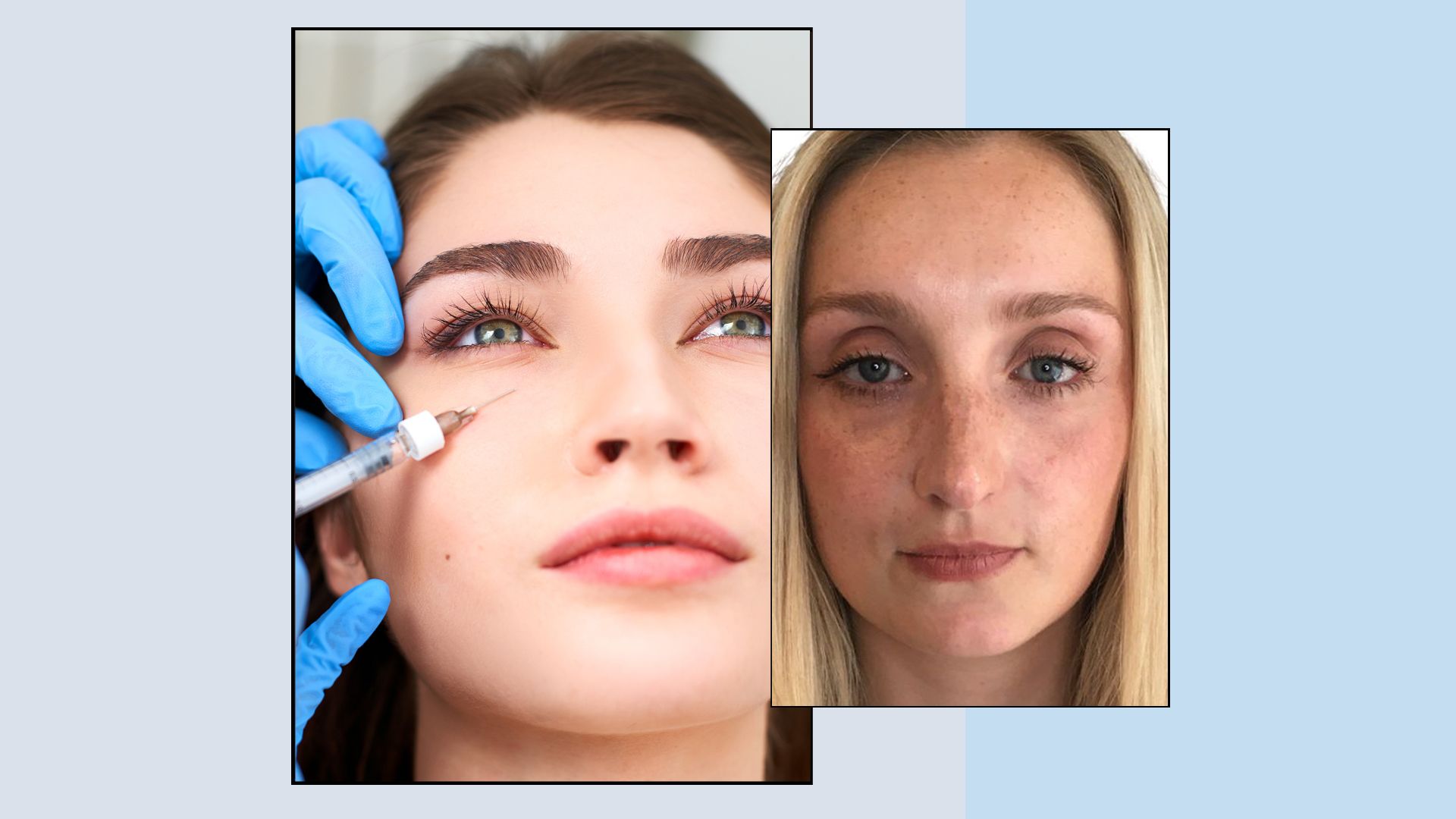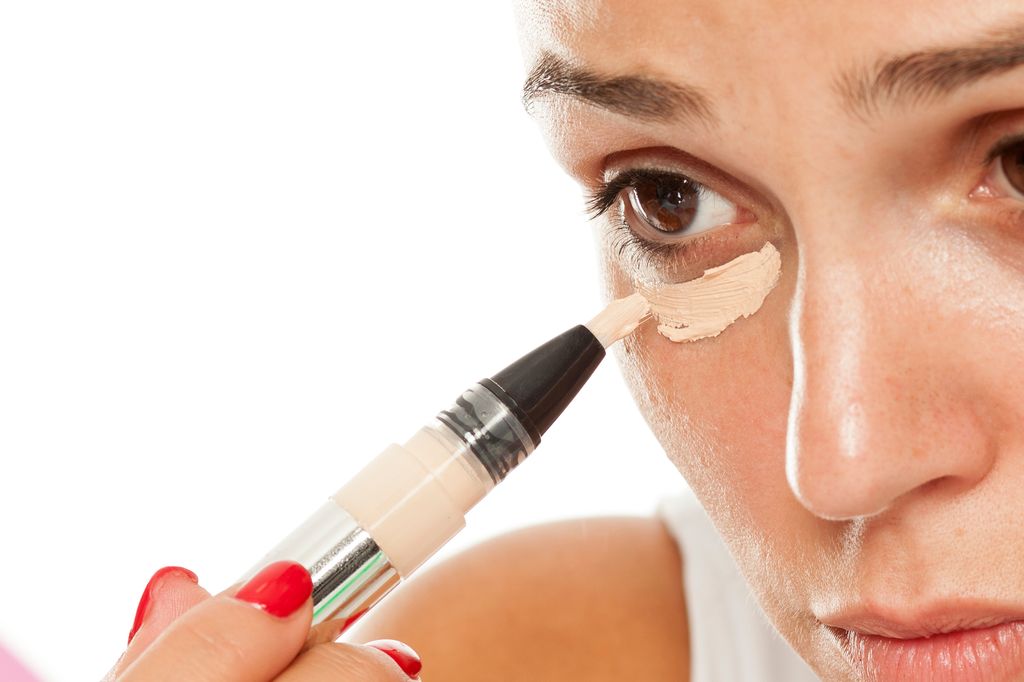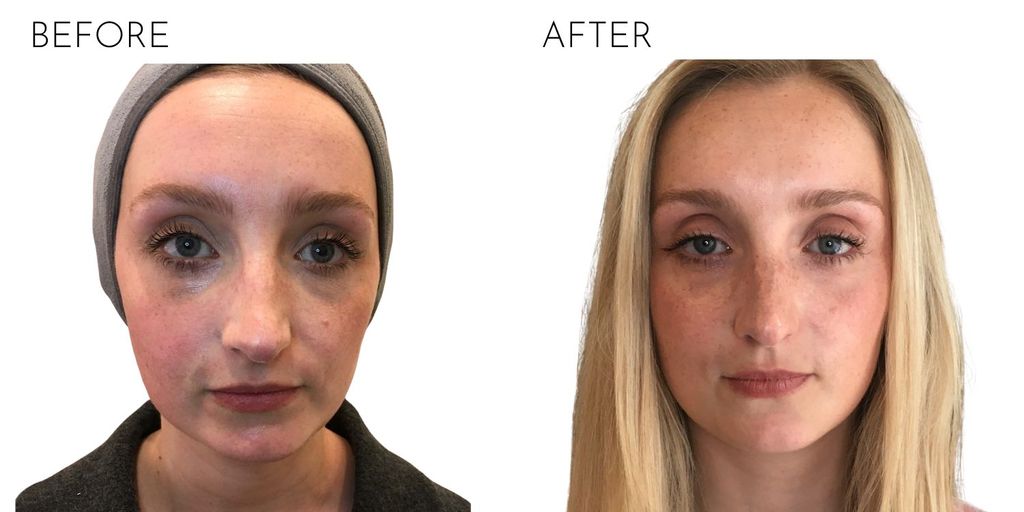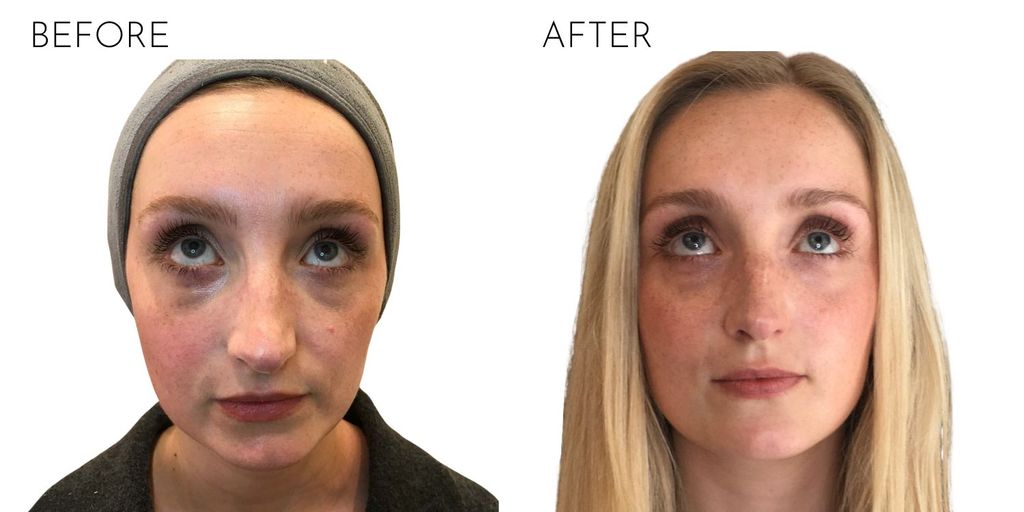After watching countless concealer tutorials and using every caffeine under-eye serum I could find, I'd resigned myself to the fact that maybe I'd never be blessed with looking well-rested.
I always envied those who could wake up in the morning looking fresh-faced, when I felt my image resembled someone who had been on a 24-hour flight with no sleep. Of course, the idea of tear trough fillers had been floating around the periphery of my mind for years in the quest to banish those under-eye bags for good (or for at least 12-18 months to start with!)
After booking a consultation with Claudia Brand, an Aesthetic Nurse at 111 Harley St., I found out that filler wasn't my only option – it turns out that there's an alternative called Ameela (formerly Nucleadyn) that offers more natural results.
What is the difference between Ameela and tear trough filler?
"While hyaluronic acid fillers are typically used to treat the under-eye grooves, Ameela works with the body’s DNA. Both treatments promote cellular regeneration and are more recent alternatives to addressing undereye tear troughs. However, hyaluronic acid tear trough dermal fillers need to be patient-specific," Claudia explained.
"If hyaluronic acid tear trough dermal fillers are carried out on the wrong person, It can make the patient look puffier under the eye area as hyaluronic acid attracts water."
I can suffer from hay fever and puffy eyes as it is, so I jumped at the opportunity to make my results look as natural as possible.
RELATED: Potenza before and after: I feel comfortable in my skin for the first time in years
RELATED: I tried ozone therapy, Gwyneth Paltrow's 'weird' wellness habit
What are the benefits of Ameela?
Getting rid of dark circles was my motivation behind trying Ameela, but it's not the only benefit you can expect from the treatment.
"Ameela decreases pigmentation, gives greater skin elasticity, reduces infraorbital hollows, reduces fine lines and wrinkles, increases cell turnover, stops free radical damage and supplies higher hyaluronic acid synthesis which will all contribute to a brighter under-eye area as benefits," Claudia added.
How long do the effects of Ameela last?
Patients require two treatments two weeks apart, and the effects can last for several months to a year. "Ameela will continue to stimulate collagen and get absorbed by the skin. It is advised to have a review after seven to eight months," she said, adding that it can take two weeks or longer to see the finished results.
Does Ameela hurt?
I'm not the biggest fan of needles – I can get by with a routine blood test, but the idea of having one in a very sensitive area on my face was a little daunting. While the procedure is done with a cannula, just like filler, it does not contain lidocaine or any numbing agent. Full disclosure, it does sting but with my eyes closed and a stress ball in hand, it was over in minutes.
What is the downtime for Ameela?
Swelling can last for a couple of days afterwards (which is pictured in the before photo above) but it's barely noticeable – and to be honest, it added the volume I needed to my sunken eyes anyway! Put simply, the minimal pain and swelling would certainly not deter me from running back to have it done again.
A few weeks after the second procedure and I barely need concealer, which had been the one non-negotiable makeup product I had used before leaving the house since I was around 15.
After over ten years of struggling with my tired reflection in the mirror, it was a shock to realise that I now looked like the friends I had been envious of for years – I was the fresh-faced morning person.
And it's not just me that reaped the rewards from the session. Claudia explained that being able to help people like me overcome their insecurities is rewarding for her, too. "It really makes my day and reminds me why I love what I do," she concluded.
DISCOVER: I cried tears of joy after having treatment for my cleft lip in my thirties












